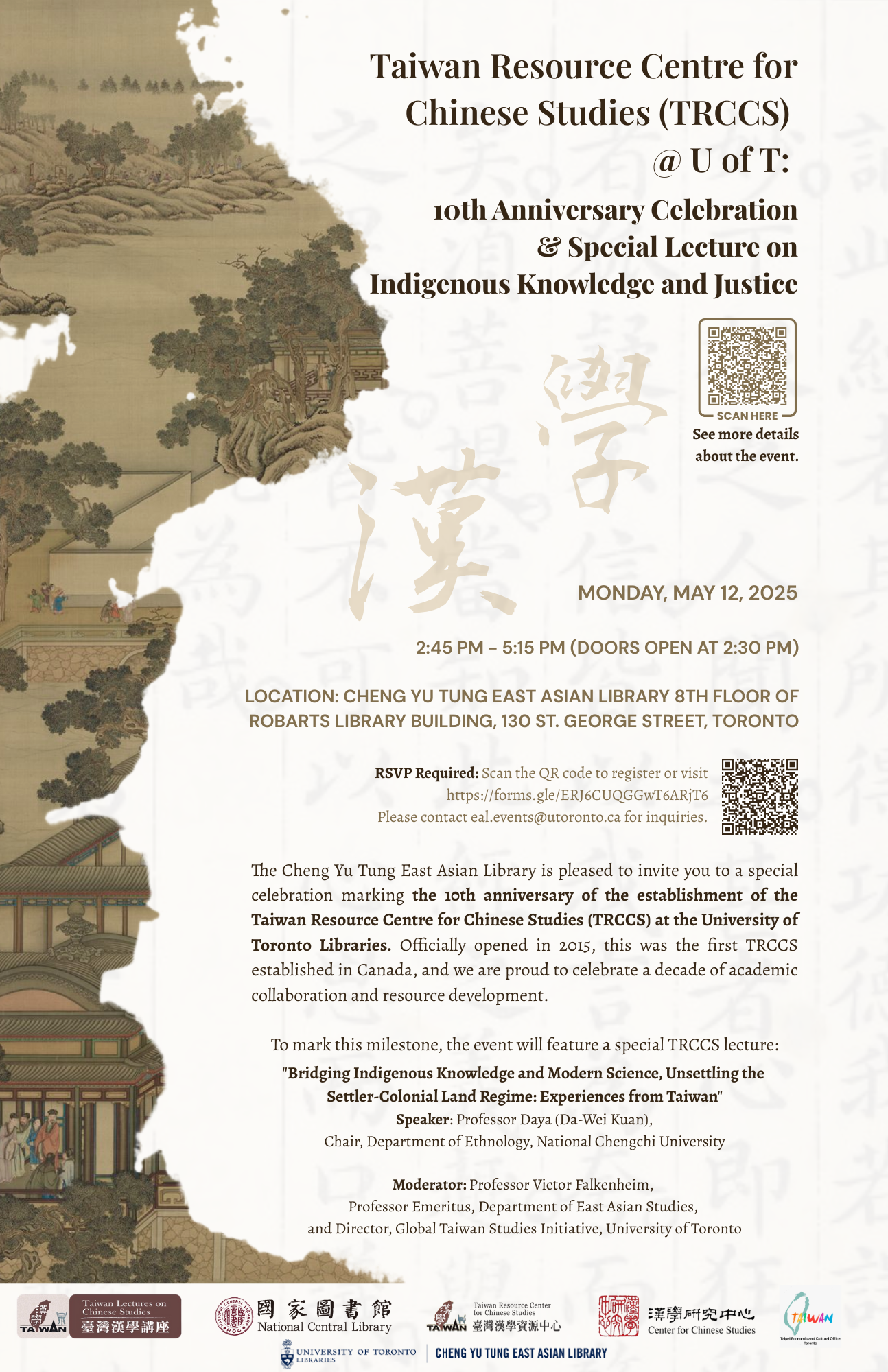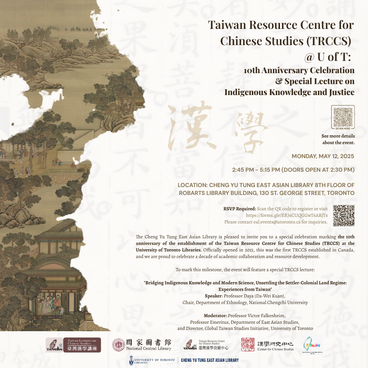
The Cheng Yu Tung East Asian Library is pleased to invite you to a special celebration marking the 10th anniversary of the establishment of the Taiwan Resource Centre for Chinese Studies (TRCCS) at the University of Toronto Libraries. Officially opened in 2015, this was the first TRCCS established in Canada, and we are proud to celebrate a decade of academic collaboration and resource development.
The TRCCS was launched by Taiwan’s National Central Library (NCL) in 2012 to promote scholarly resources in Chinese and Taiwan studies. Building on the existing international publication exchange program, the initiative aims to strengthen global partnerships with Chinese studies research centers, foster international academic exchange, and highlight Taiwan’s contributions to the field.
Hosted at leading universities and research institutions around the world, TRCCS sites serve as hubs for collaboration in Chinese studies and the development of a global platform for sinological research and information. The program continues to broaden and deepen cultural and academic exchanges between the Chinese-speaking world and the global scholarly community.
- Date: Monday, May 12th, 2025
- Time: 2:45 PM - 5:15 PM (Doors open at 2:30 PM)
- Location: Cheng Yu Tung East Asian Library, on the 8th floor of Robarts Library (130 St. George Street)
- Registration Link: https://forms.gle/ERJ6CUQGGwT6ARjT6
To mark this milestone, the event will feature a special TRCCS lecture:
"Bridging Indigenous Knowledge and Modern Science, Unsettling the Settler-Colonial Land Regime: Experiences from Taiwan" Presented by Professor Daya (Da-Wei Kuan), Chair of the Department of Ethnology at National Chengchi University and Executive Director of the Taiwan-Philippines Science and Technology Innovation Center for Indigenous Knowledge, Local Knowledge, and Sustainability Studies (CTPILS). The lecture will be moderated by Professor Victor Falkenheim, Professor Emeritus in the Department of East Asian Studies and Director of the Global Taiwan Studies Initiative at the University of Toronto.
Abstract of the Presentation
This talk explores contemporary efforts to bridge Indigenous knowledge and modern science, with a focus on land use and natural resource management as key examples. It also examines how this dialogue contributes to the decolonization process in Taiwan.
Taiwan’s diverse island ecosystems have nurtured rich and multifaceted Indigenous cultures. Connecting the Asian continent and the Pacific Ocean, Taiwan is not only an important origin of Austronesian languages but has also been shaped by successive waves of colonizers and settlers. Unresolved historical injustices, combined with Taiwan’s unique geopolitical situation after World War II, have made decolonization particularly complex for its Indigenous peoples.
The talk begins by tracing the impact of settler colonialism on Taiwan’s current land management system and recent emergence of Indigenous knowledge studies. It then analyzes the issues, outcomes, and challenges involved in fostering dialogue and collaboration between Indigenous knowledge and modern science, drawing from the speaker’s research and engagement of the development projects. Furthermore, it examines how these challenges relate to Taiwan’s specific history of settler colonialism.
Ultimately, this talk highlights how Taiwan’s Indigenous peoples, despite setbacks, are working to dismantle the settler-colonial land management regime, contributing to the reshaping of Taiwan’s identity.
Guest Speaker
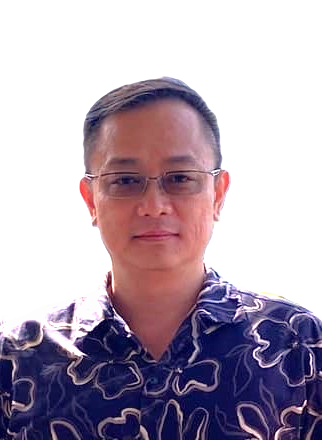 |
Daya (Da-Wei Kuan) is a Professor and Chair of the Department of Ethnology at National Chengchi University (NCCU) and the Executive Director of the Taiwan-Philippines Science and Technology Innovation Center for Indigenous Knowledge, Local Knowledge, and Sustainability Studies (CTPILS). He is also the Principle Investigator of Indigenous Sustainable Science and Technology Platform (ISSTP) sponsored by National Science and Technology Council, Taiwan. A member of the Tayal indigenous group in Taiwan, Daya earned his Ph.D. in Geography from the University of Hawaiʻi at Mānoa. His research focuses on indigenous geography, land policy, community mapping, and community-based resource management. Dedicated to integrating academic research, teaching, and community service, Daya actively collaborates with indigenous communities on traditional territory mapping, land-use planning, and community development projects to advocate for indigenous land rights. Beyond Taiwan, he is also engaged in comparative studies and cross-regional collaborations among Austronesian-speaking communities in Southeast Asia and the Pacific. |
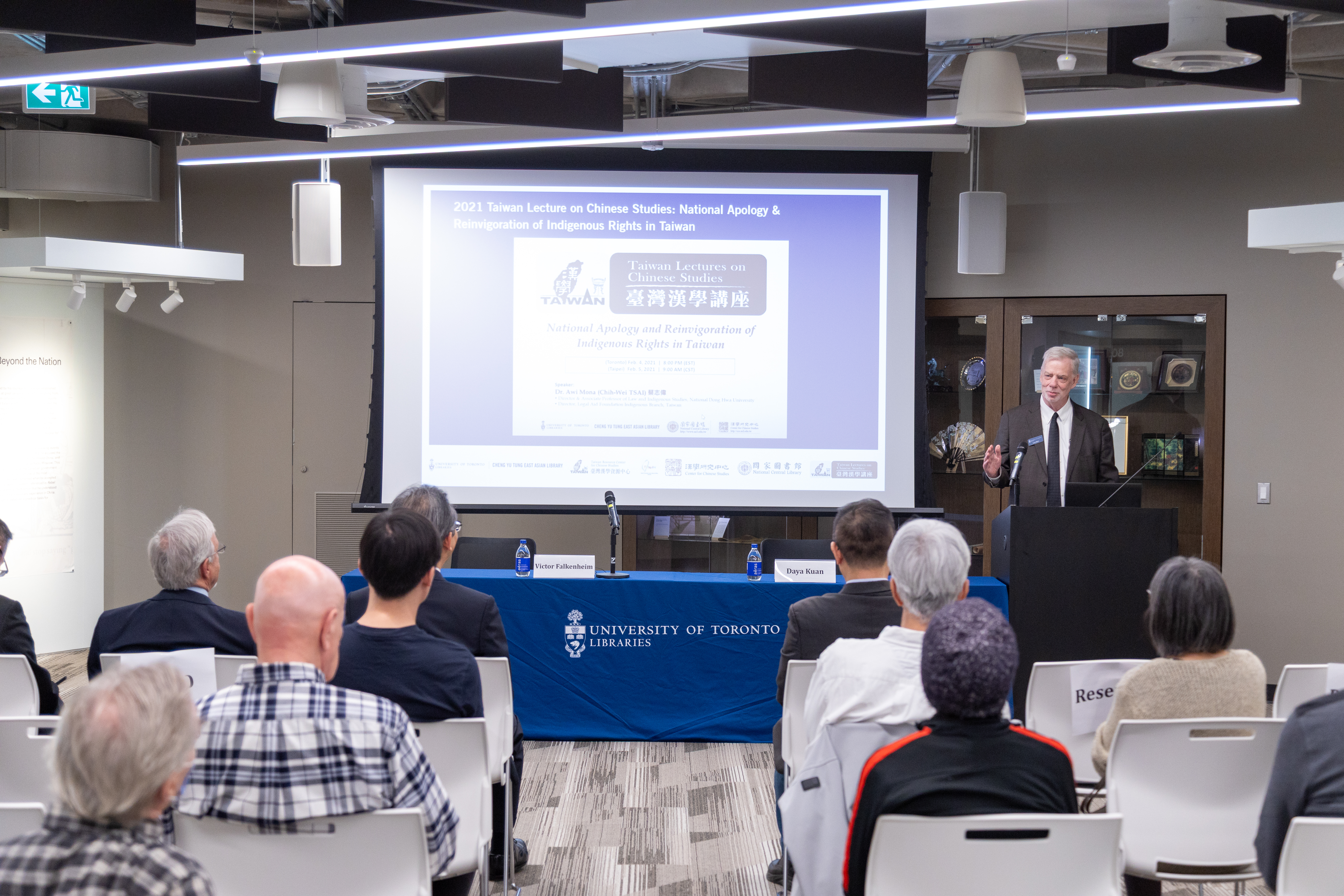 |
 |
 |
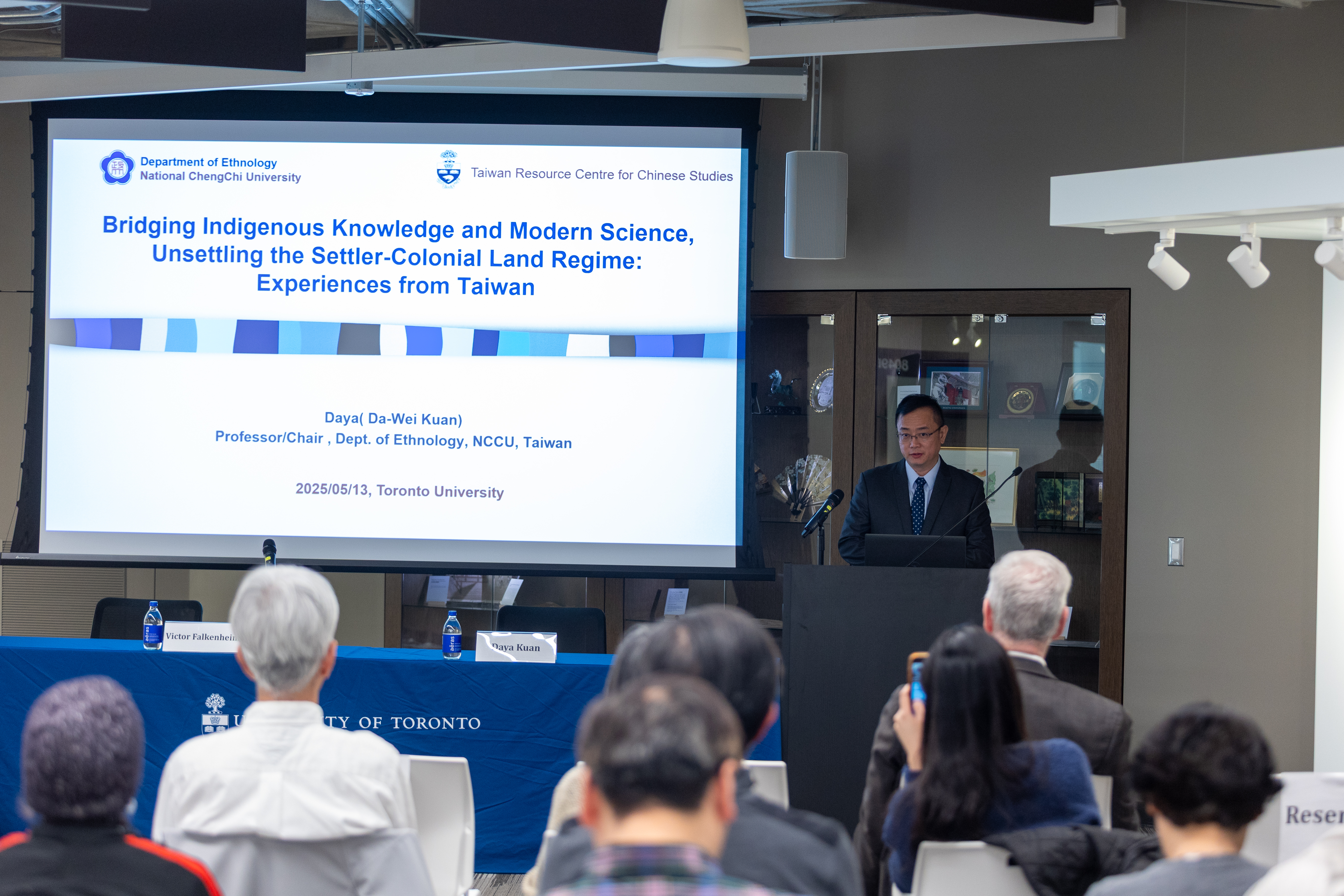 |
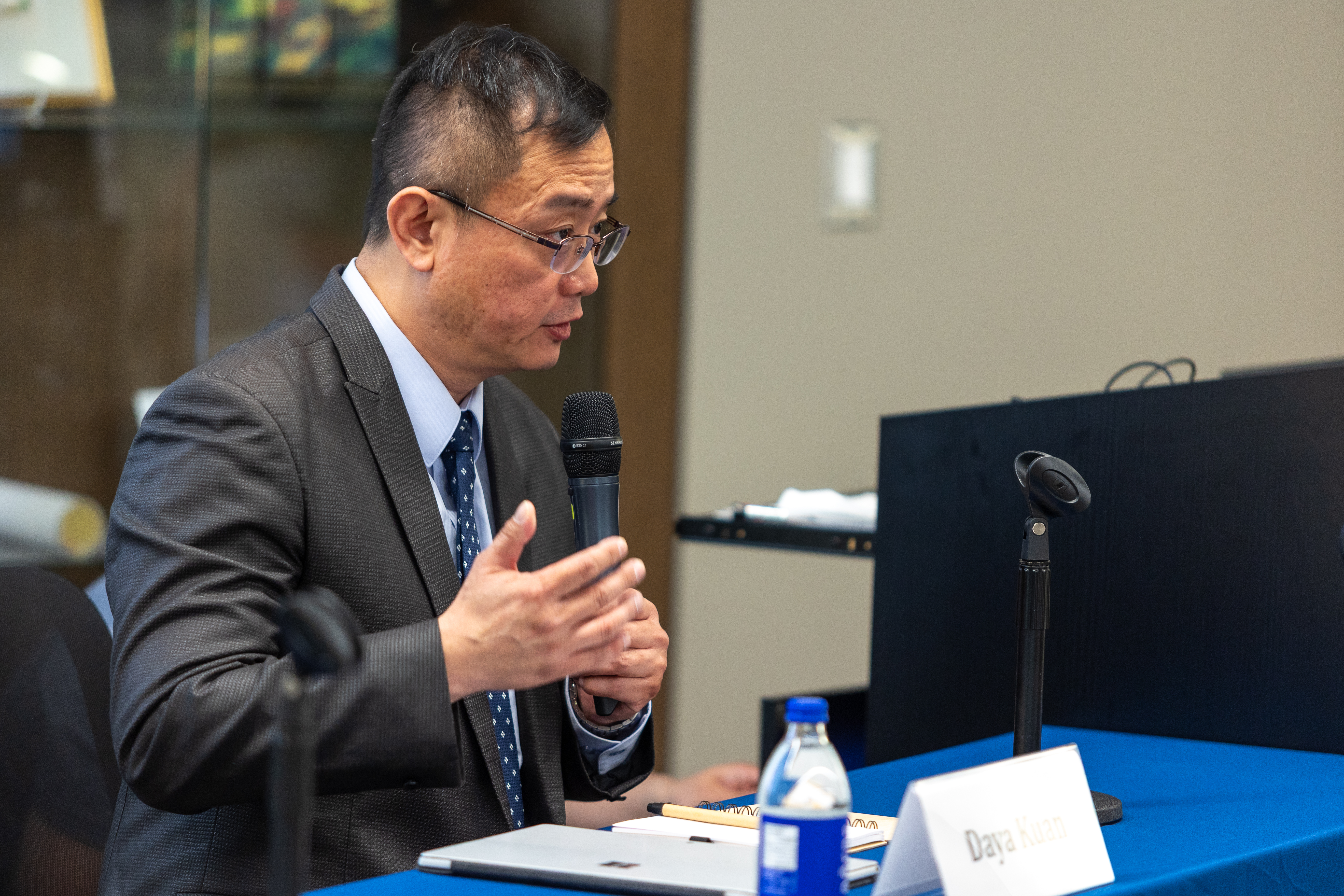 |
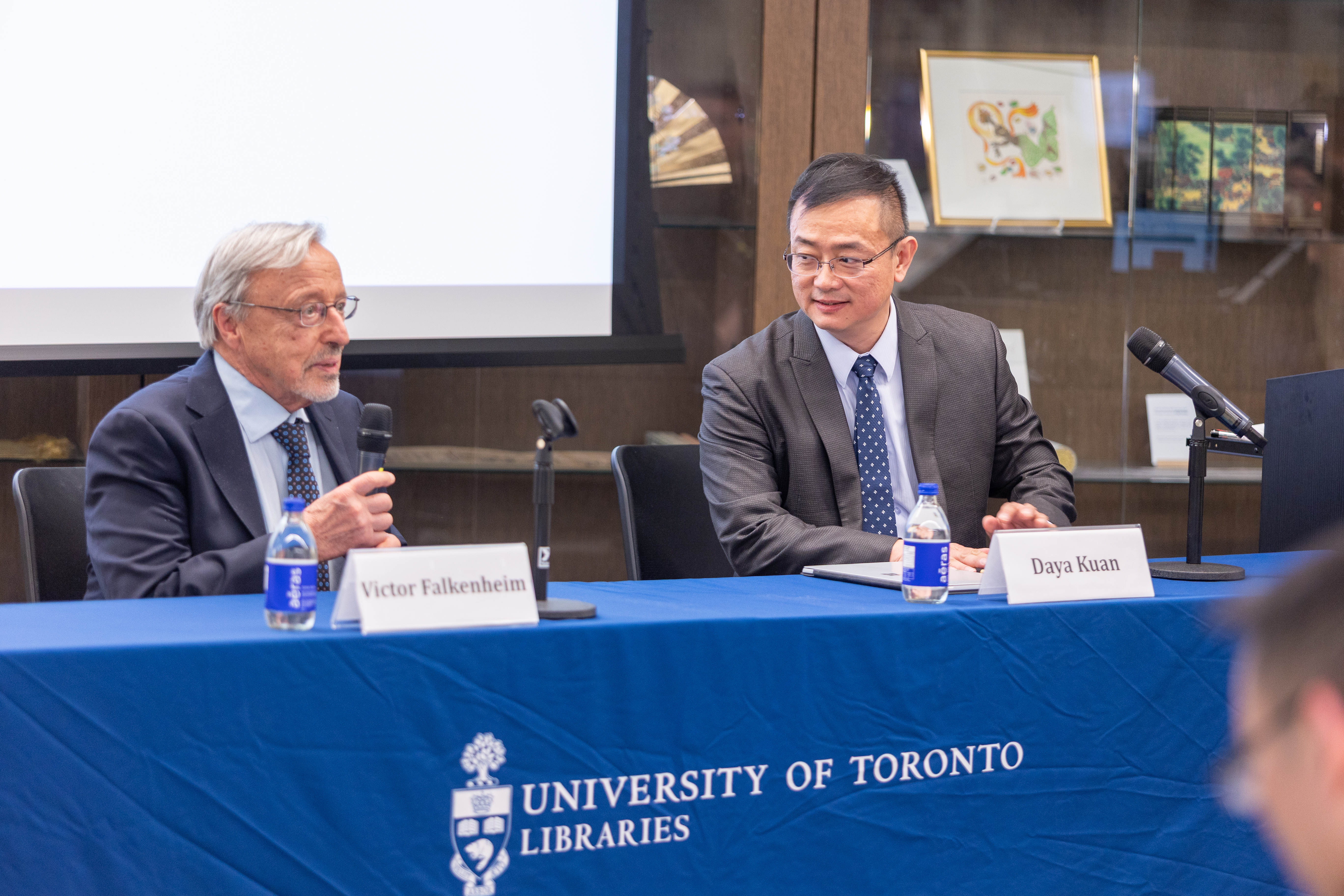 |
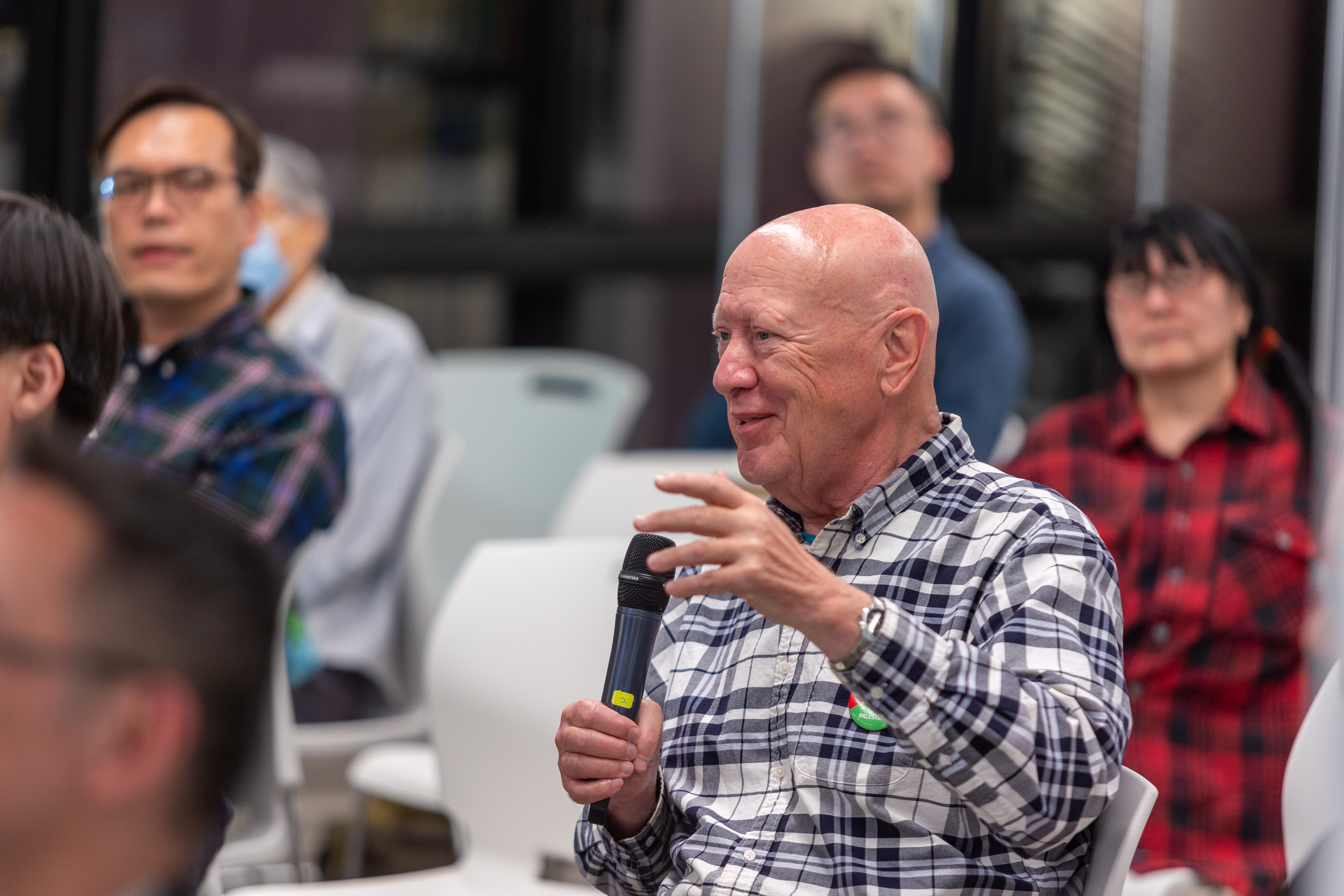 |
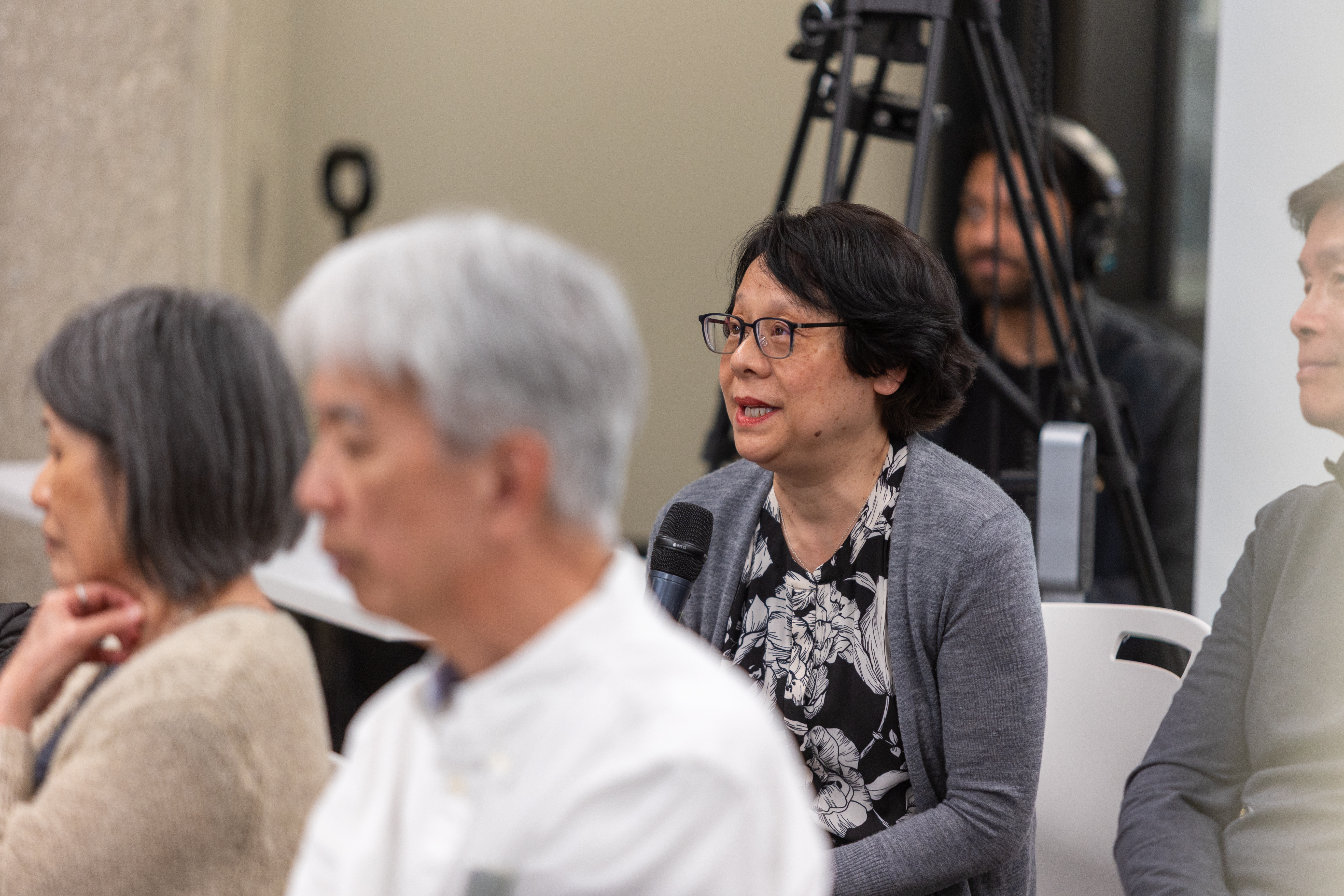 |
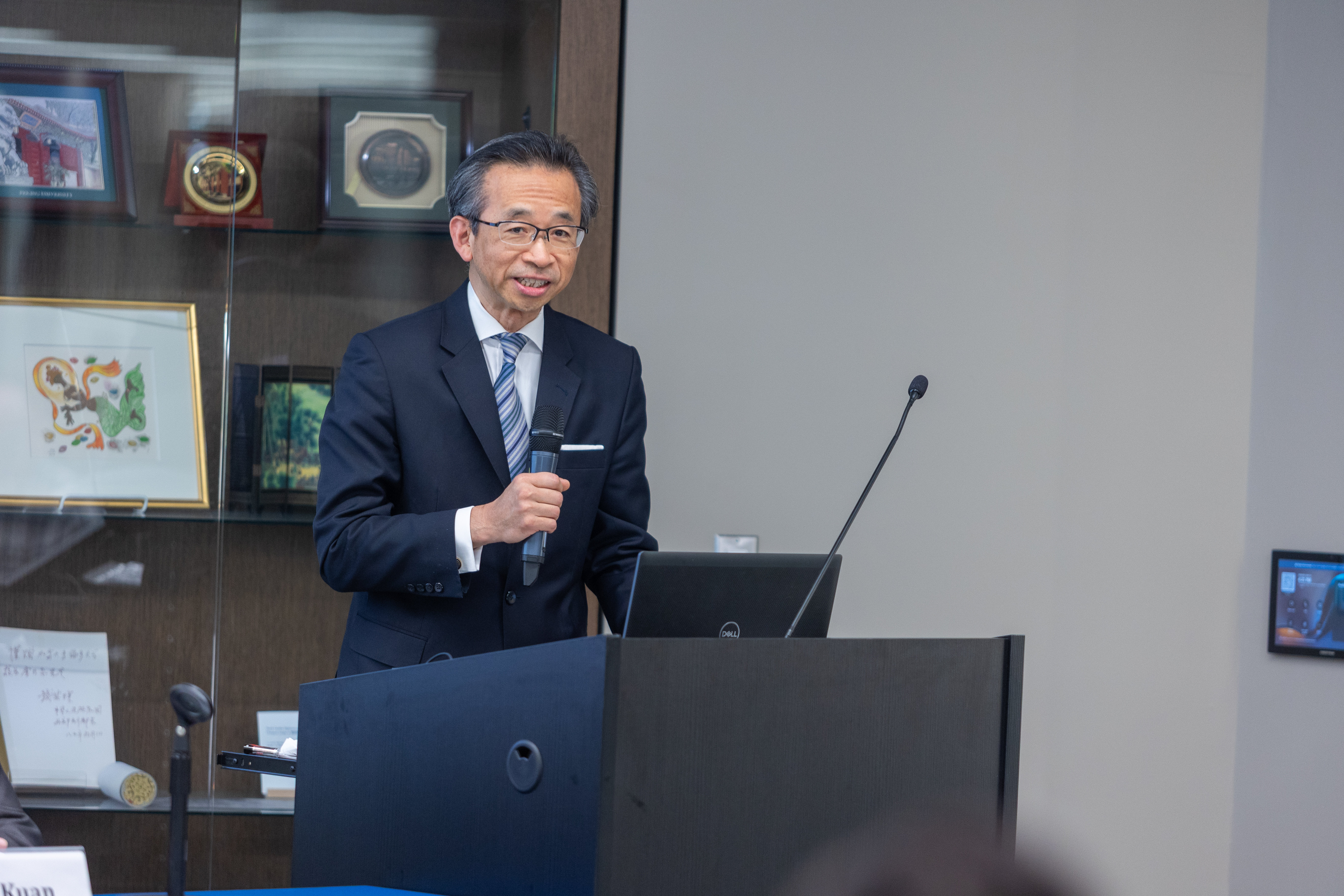 |
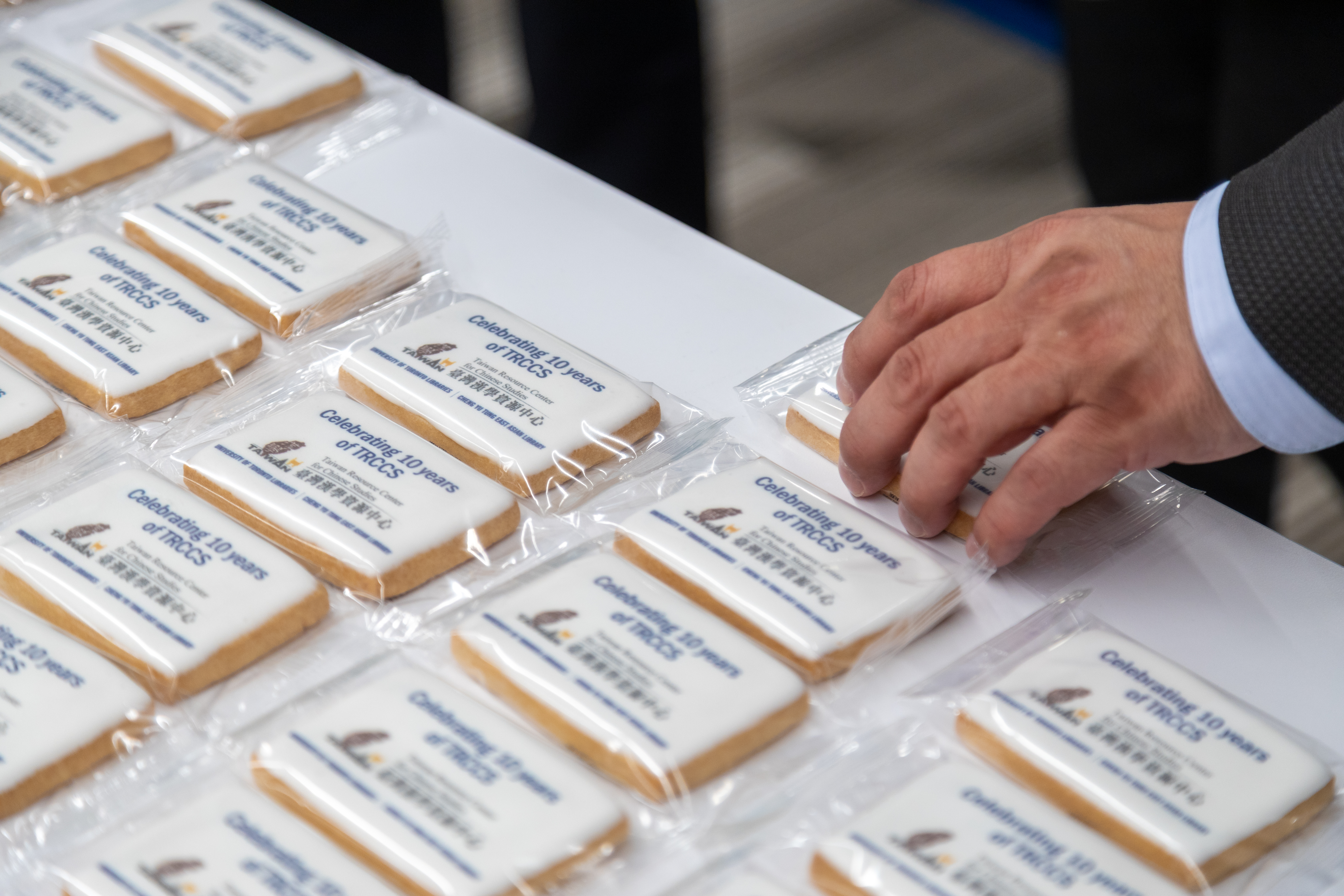 |
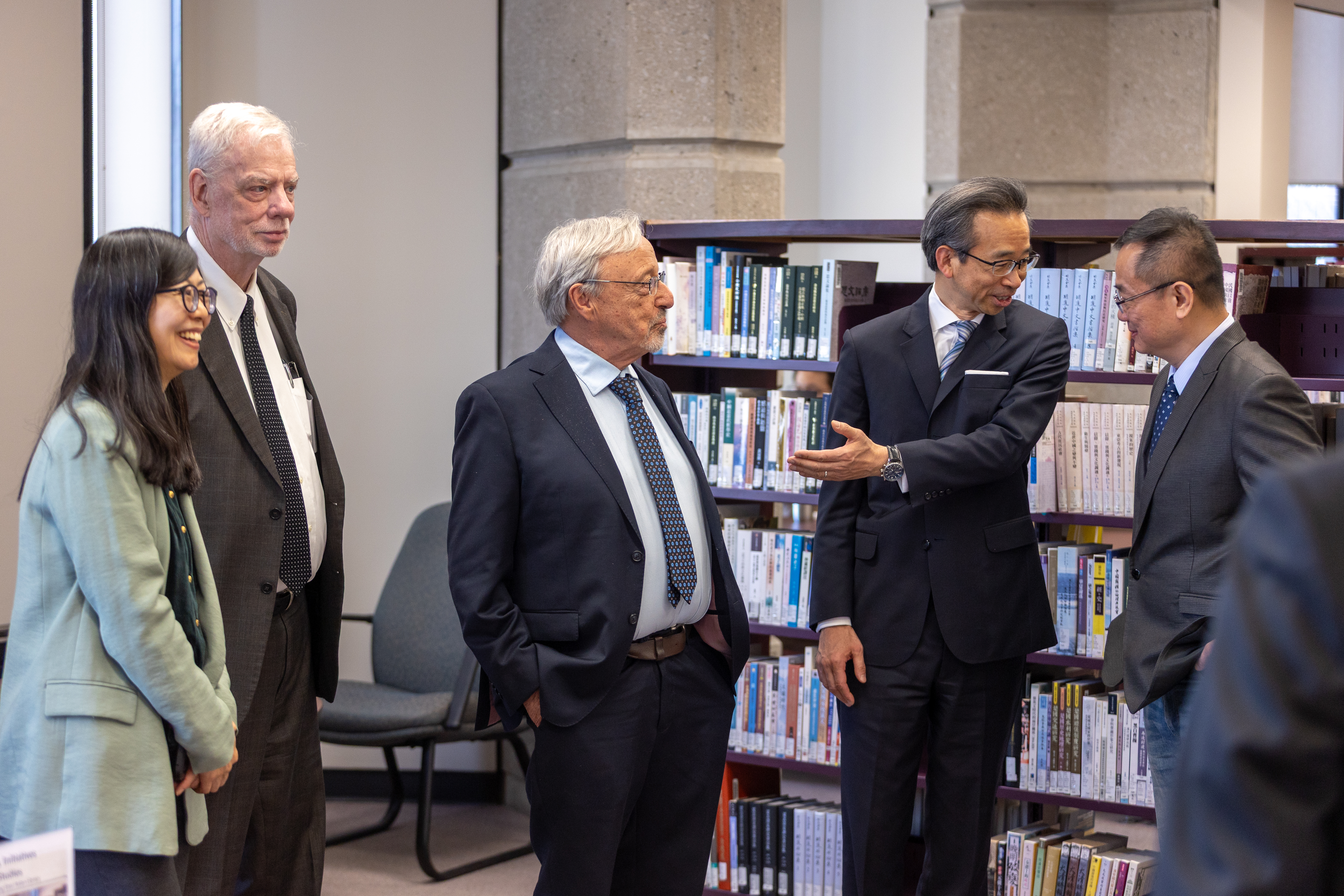 |
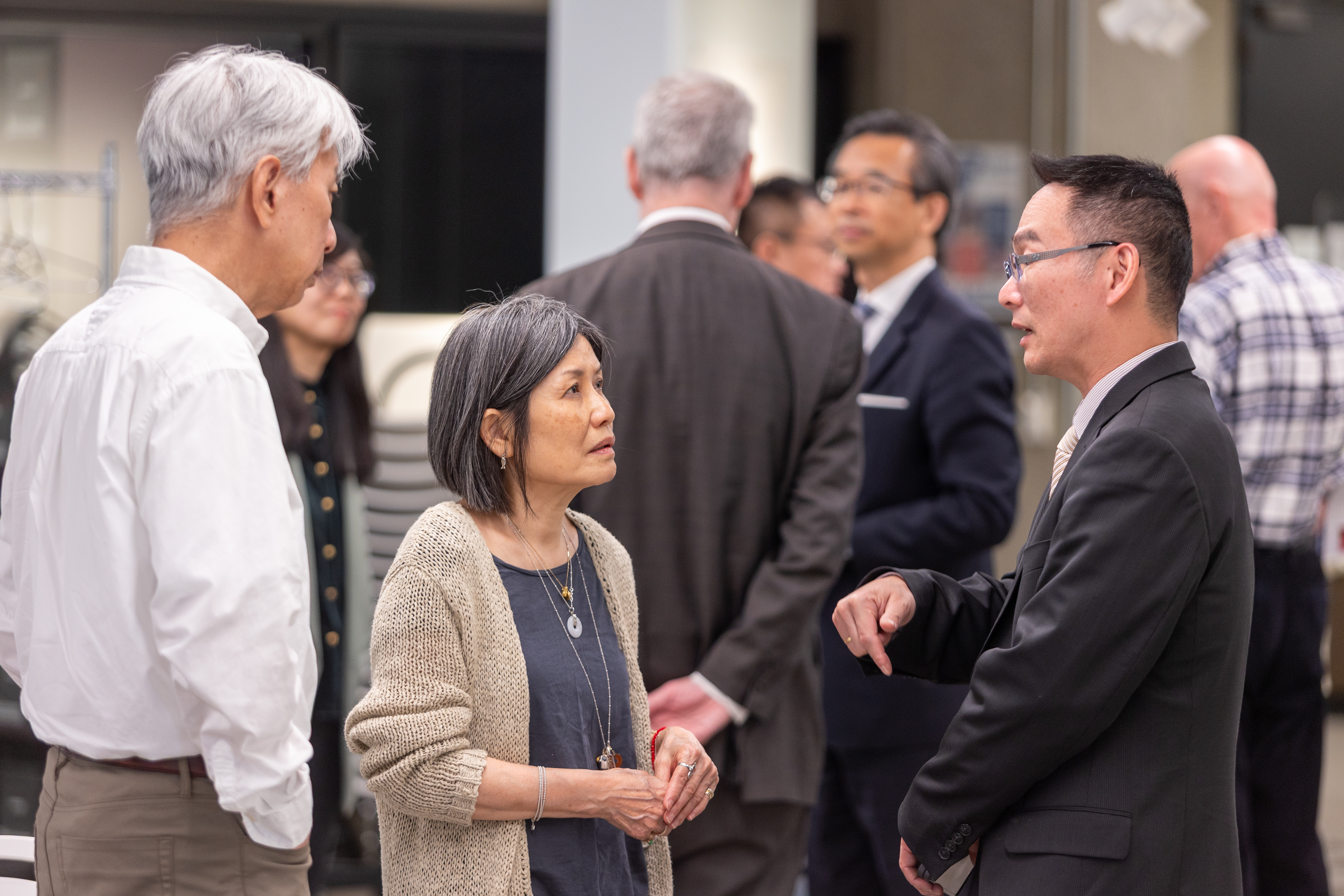 |
Click here to view event photos from the online forum
View the Event Recording on YouTube
View the Event Recording on MyMedia
Click here to view a PDF version of the event poster.
If you enjoy similar events, follow us on Facebook, X (Twitter), Instagram for the latest updates!
